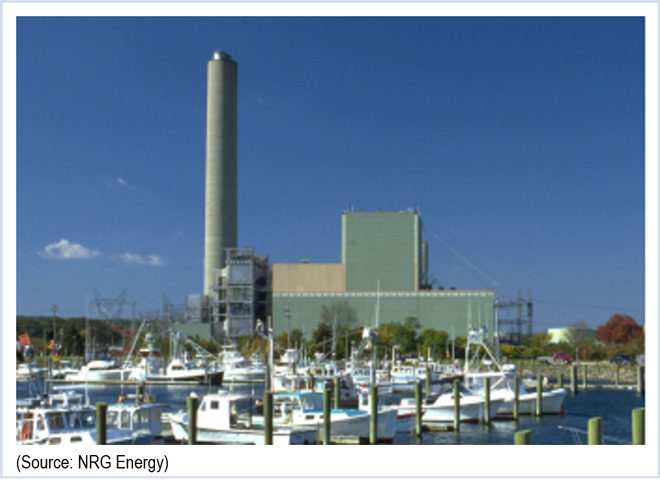By William Opalka
ISO-NE said a power plant owner facing millions in what it says are mistaken capacity charges had plenty of time to correct the record, and that amending auction results after the fact would undermine the market.
GenOn Energy Management, a unit of NRG Energy, asked the Federal Energy Regulatory Commission last month for relief from what it called an “anomalous, illogical and patently unfair circumstance.”
GenOn said ISO-NE credited its Canal 2 generator in Sandwich, Mass., with capacity of only 303 MW — rather than the plant’s actual 556.5-MW output — in the March annual reconfiguration auction (ARA) for the 2015-2016 capacity commitment period that begins June 1. (See ISO-NE Error Could Cost GenOn Millions.)
GenOn said the RTO mistakenly underestimated the plant’s capacity and then submitted a demand bid on GenOn’s behalf for the difference, forcing the company “to buy out of a capacity supply obligation that Canal 2 is fully capable of fulfilling.”
In an answer, ISO-NE said it was GenOn’s responsibility to correct the capacity values the RTO posted in October in preparation for the auction and that granting its request would set a dangerous precedent (EL15-57).
“The ISO is not in a position to discern the soundness of, or reasoning behind, the business-related actions (or inactions) of active and sophisticated market participants like GEM, much less to prevent them from making costly mistakes,” ISO-NE wrote.
“Granting the requested relief would undermine important principles of auction finality, eroding certainty and confidence in the markets and setting a possibly dangerous precedent,” ISO-NE continued. “Finally, the March 2015 ARA results are used as inputs to monthly bilateral arrangements and monthly reconfiguration auctions; these processes are already underway, and a change to the March 2015 ARA results could cause significant disruption.”
ISO-NE also said similar “corrections” could cause substantial harm to other parties. “If the March 2015 ARA had instead included more supply offers than demand bids, post hoc removal of the Canal 2 demand bid would have required a re-running of the auction and would have stripped some of the resources of the capacity supply obligations acquired in the first iteration.”



